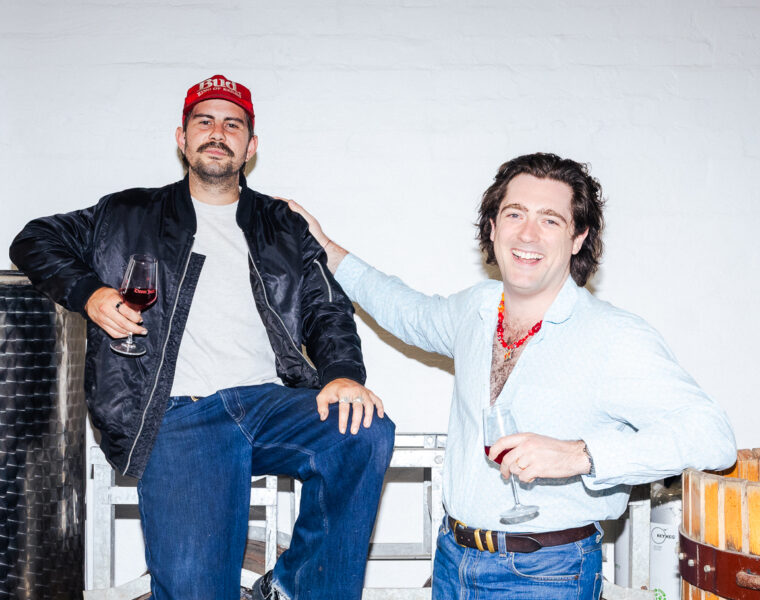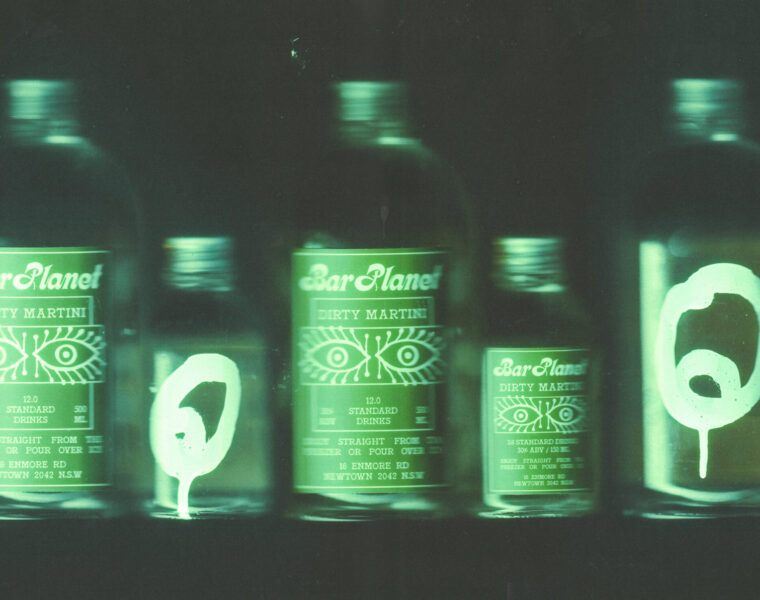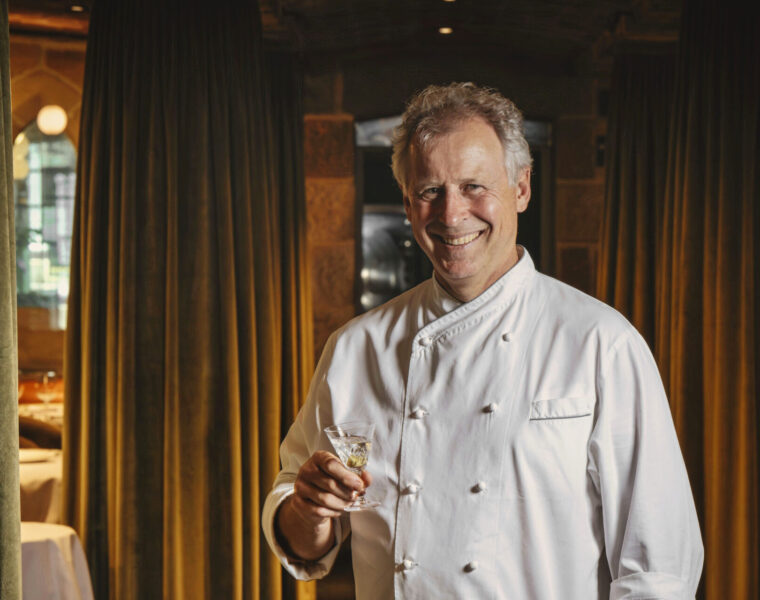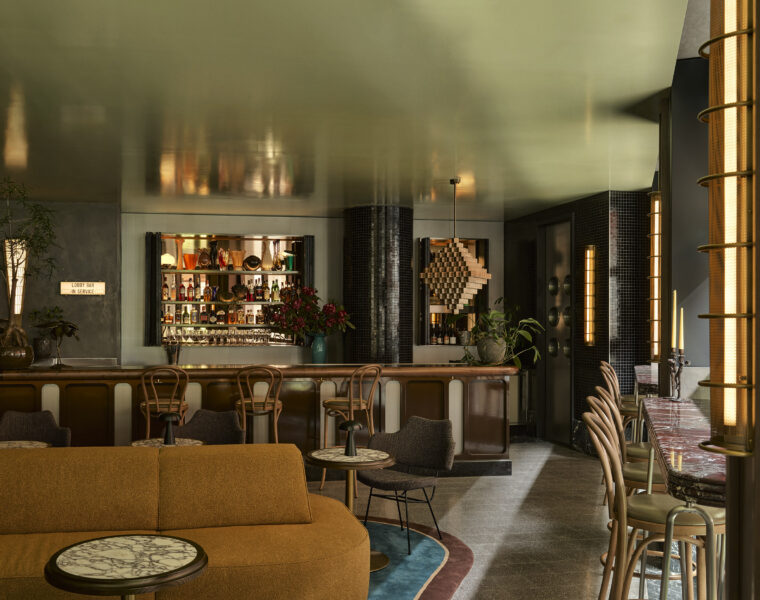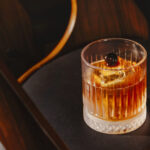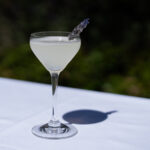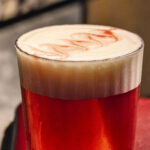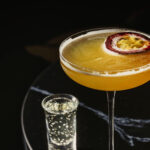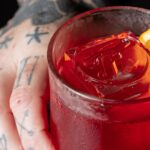Words by Yuichi Hirayama, Bar Leone
The history of neighbourhood cocktail bars in Japan dates back to the 1920s, when many establishments began appearing in urban areas and quickly gained popularity among the upper class.
Even today, the legacy of that era lives on. Traditional Japanese bars often feature bar counters made of natural wood that evoke a sense of wa (Japanese harmony), and attention to detail can be seen in everything from the choice of glassware to the quality of ice.
This dedication to detail is also reflected in cocktail preparation, with close attention paid to the type of ice used for shaking or stirring, as well as the temperature of the cocktail and the glass.
The Japanese-style three-piece shaker minimises ice dilution more than the common two-piece version and as a result, cocktails are typically made to a compact volume of 60-70ml, requiring precise delicate technique.
Young bartenders often spend their first two to three years making only simple drinks like highballs and gin and tonics. During service hours, they handle dishwashing and guest service, and only after closing do they get to practice shaking and stirring techniques.
Three drinks that embody craftsmanship
In Japanese bar culture, classic cocktails are not just drinks, they are regarded as refined works of craftsmanship.
Among them, the gin & tonic, white lady, and sidecar are staples served at bars across the country. Yet, each one is crafted with subtle differences that reflect the bartender’s philosophy and style.
Here, we introduce how these cocktails are interpreted in Japan, and the meticulous techniques behind each glass.
Gin & tonic: a cocktail that has evolved in Japan
Gin & tonic is one of the most beloved cocktails worldwide, but it has uniquely evolved in Japan. Regarded as a genuine cocktail, it is often ordered as the first drink by many customers and is prepared with great care. While overseas it is typically made by simply mixing gin and tonic water, many bars in Japan customarily add fresh lime juice.
This lime juice is pressed with the peel intact and used unstrained, allowing not only the juice but also the oils from the peel to fill the glass with a richer and more refreshing aroma. Gin is usually kept chilled in the freezer.
Before pouring, it is briefly stirred with ice to bring its temperature closer to that of the tonic water, enabling the ingredients to harmonise smoothly. Tonic water is always freshly opened and chilled before use.
White lady: the bartender’s rite of passage
The white lady is often the first challenging cocktail for young bartenders in Japan. Although its composition is simple – gin, lemon juice, and Cointreau – it demands a precise balance of acidity and sweetness, as well as skilful shaking technique. At traditional bars, regular customers often order this cocktail to test the skill of new bartenders. I practiced this cocktail many times, sometimes failing, until I was finally recognised for making a “delicious” one.
While internationally some recipes include egg white, in Japan it is typically made without it, emphasising a clear texture and delicate flavour.
Sidecar: a classic of technique and elegance
The Sidecar is a highly regarded classic in Japanese bars, especially valued by the Japan Bartenders Association, frequently used in competitions and skill assessments. Like the white lady, its ingredients – brandy (or cognac), Cointreau, and lemon juice – are simple, the drink requires a deep sense of balance and subtlety. In Japan, it is common to add just a small amount of syrup to soften the acidity and create a smoother finish.
Bartenders pay meticulous attention to every detail, from the recipe and temperature control to the choice of glassware, continually pursuing their own unique version.
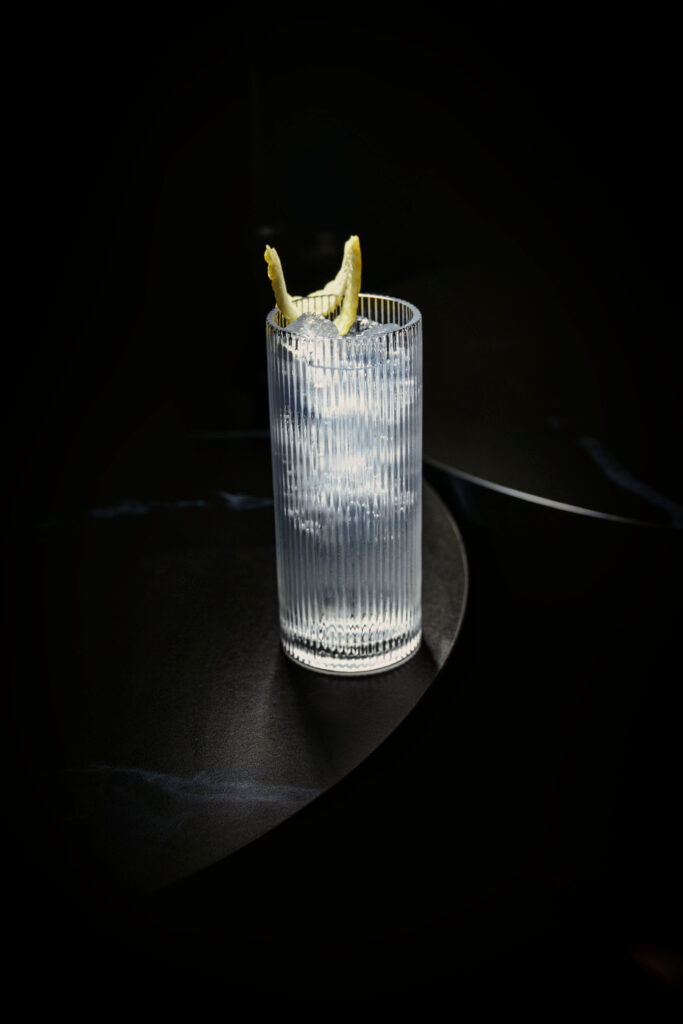
Gin & tonic
35ml London Dry gin
10ml unstrained lime juice
90ml tonic water
Build in a highball
Garnish with lime peel (inside the glass)
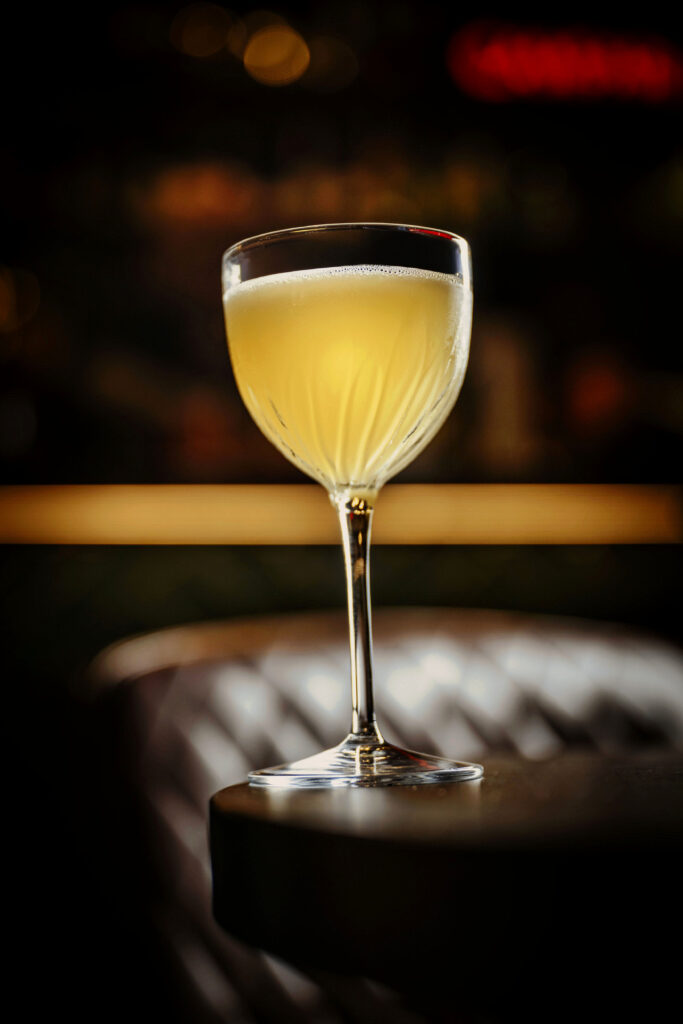
White lady
30ml gin
17.5ml strained lemon juice
15ml triple sec
Brix 65 (2:1 sugar syrup)
Shake all ingredient together with ice
Strain back into shaker and dry shake
Fine strain into a chilled coupe, no garnish
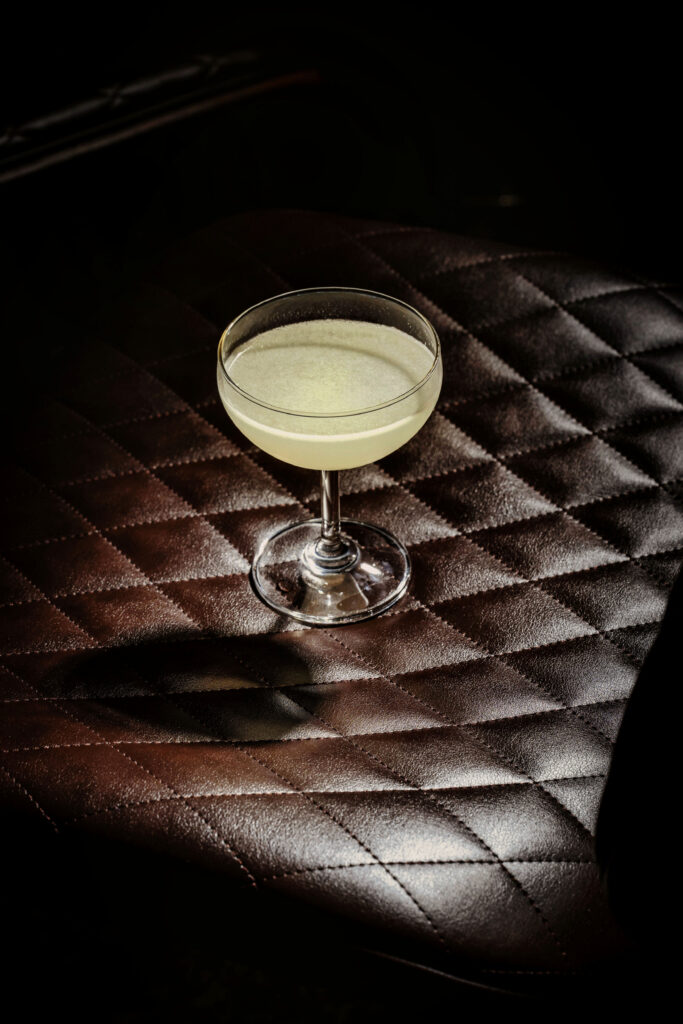
Sidecar
35ml Cognac
15ml triple sec
10ml strained lemon juice
1ml syrup
Shake all ingredients with ice
Fine strain into a chilled coupe, no garnish

